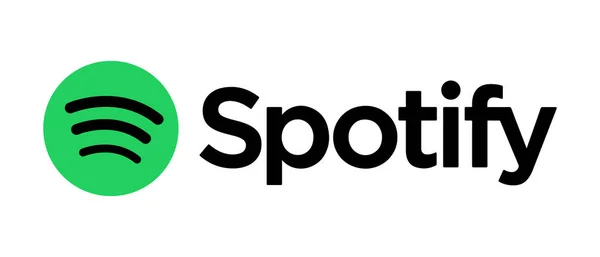In our latest episode of “Elephants in the Boardroom,” hosts Graeme Codrington and Dean Van Leeuwen explore the hidden world of global supply chains with special guest Paul Stanley, CEO of Achilles. This eye-opening conversation reveals how supply chains have become the critical backbone of global business – and why they’re increasingly vulnerable to disruption.
The Unseen Risks in Your Supply Chain
Today’s business leaders face unprecedented challenges in managing their supply networks. As Paul Stanley explains, “Supply chains get complex pretty quickly. It’s fascinating to see how many thousands of suppliers can be involved in the manufacture of one single product.”
But complexity creates opacity, and opacity breeds risk. From modern slavery hiding in plain sight to looming water shortages affecting 40% of the global population, the threats to supply chain continuity are multiplying.
Data Privacy: When Your Provider Goes Bankrupt
The recent bankruptcy of genetic testing company 23andMe raises critical questions about what happens to sensitive data when service providers collapse.
“Right now, we don’t know who owns the data,” Graeme notes. “My genetic data is part of that database.”
This serves as a stark reminder for businesses relying on third-party data management: Who really controls your supply chain information, and what happens if your provider disappears overnight?
The Water Crisis No One’s Talking About
Perhaps most alarming is Dean’s revelation about global water security. The Himalayan glaciers – which feed 10 major river systems supporting 3 billion people—are melting at an accelerating rate.
“Even if we limit global warming to 1.5 degrees, we are on track to lose one-third of all the Himalayan glaciers in the next two decades,” Dean explains.
This isn’t just an environmental concern; it’s a business continuity issue. Water scarcity will disrupt agriculture, manufacturing, energy production, and political stability across Asia – effects that will ripple through global supply chains.
Modern Slavery: The Ethical and Business Imperative
One of the most powerful segments of this episode addresses modern slavery in global supply chains. Even in developed economies, vulnerable workers are exploited through debt servitude, passport confiscation, and forced labour.
“Modern slavery exists in plain sight,” says Paul Stanley.
For businesses, the message is clear: Your brand is responsible for your entire supply chain, regardless of how many tiers removed the problem might be.
Beyond Compliance: ESG as Business Strategy
The conversation emphasizes that environmental, social, and governance principles aren’t just about compliance – they’re about business resilience.
“If you have a supply chain that depends on child labor, modern slavery, and unfair labor practices, you have a vulnerable supply chain,” Stanley notes. “At some point, it’s going to be disrupted.”
Leading organisations understand that good governance is good business – reducing costs, improving resilience, and building stakeholder trust.
Preparing for What’s Next
As we navigate deeper into 2025, supply chain transparency and resilience will separate market leaders from laggards. The winners will be those who:
- Use predictive analytics to anticipate disruptions.
- Build visibility beyond tier-one suppliers.
- Embed ESG principles into core business strategy.
- Test their resilience through war-gaming and scenario planning.
Listen Now
Don’t miss this essential conversation for business leaders navigating today’s complex supply chain landscape. From data privacy to water security, from ethical sourcing to strategic resilience, this episode provides actionable insights for turning hidden risks into competitive advantages.
The Elephants in the Boardroom podcast is brought to you by Achilles Information Limited.






